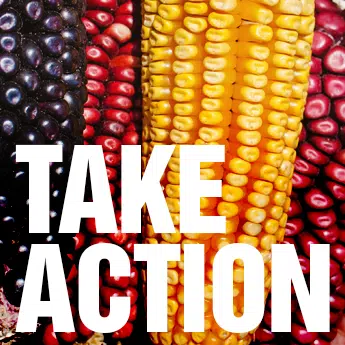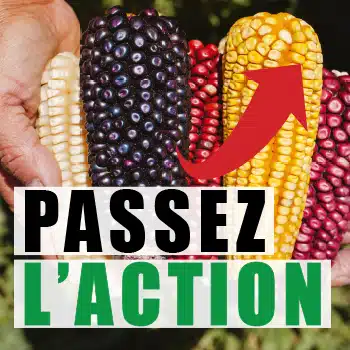November 25, 2013. Ottawa. Canada’s approval of commercial production of genetically modified (GM) Atlantic salmon eggs is an alarming decision that sets Canada up to be the source of global environmental risk, says the Canadian Biotechnology Action Network and Islanders Say No to Frankenfish.
“We are extremely disappointed and alarmed that our government has approved the production of GM fish eggs. GM salmon egg production in Canada endangers the future of wild Atlantic salmon around the world,” said Lucy Sharratt of the Canadian Biotechnology Action Network. “Its simply crazy that the world’s first GM fish eggs are now going to be coming from Canada.”
The Environment Canada approval, published on November 23 in the Canada Gazette, is the first government approval for the company AquaBounty. The company has asked for approval of the GM Atlantic salmon for human consumption in the U.S., based on a plan to produce the GM fish eggs in Prince Edward Island (PEI), Canada and ship them to Panama for grow-out and processing.
“We’re devastated that Prince Edward Island is now officially the home of the Frankenfish,” said Leo Broderick of the Prince Edward Island (PEI) group called Islanders Say No to Frankenfish, “We don’t want our Island to be the source of this dangerous living pollution.”
The PEI facility already produces GM salmon eggs for research, which are shipped to the company’s Panama location for further research and development. If fully approved for production and consumption, the GM salmon would be the first GM food animal in the world.
“Its unacceptable that this incredibly important decision was made in total secrecy and without any public consultation,” said Sharratt.
The Canadian Biotechnology Action Network has repeatedly asked Environment Canada, the Minister of the Environment, and AquaBounty to say if an assessment for approval of the GM fish eggs was underway. All parties refused to answer this question for public disclosure.
“This isn’t the international image we want for our beautiful Island,” said Broderick.
Just last week, on November 21, an environmental group in Panama filed a complaint alleging that AquaBounty’s research and development of the GM fish, using eggs sent from PEI, was not in compliance with national and international environmental regulations.
For more information: Lucy Sharratt, Coordinator, Canadian Biotechnology Action Network, 613 241 2267 ext 25; Leo Broderick, Islanders Say No to Frankenfish, 902 894 4874 www.cban.ca/fish
The Canadian Biotechnology Action Network (CBAN) is a campaign coalition of 17 groups including farmer associations, environmental groups, regional coalitions of grassroots groups, and international development organizations, all of which have various concerns about genetic engineering in food and farming. www.cban.ca/fish






